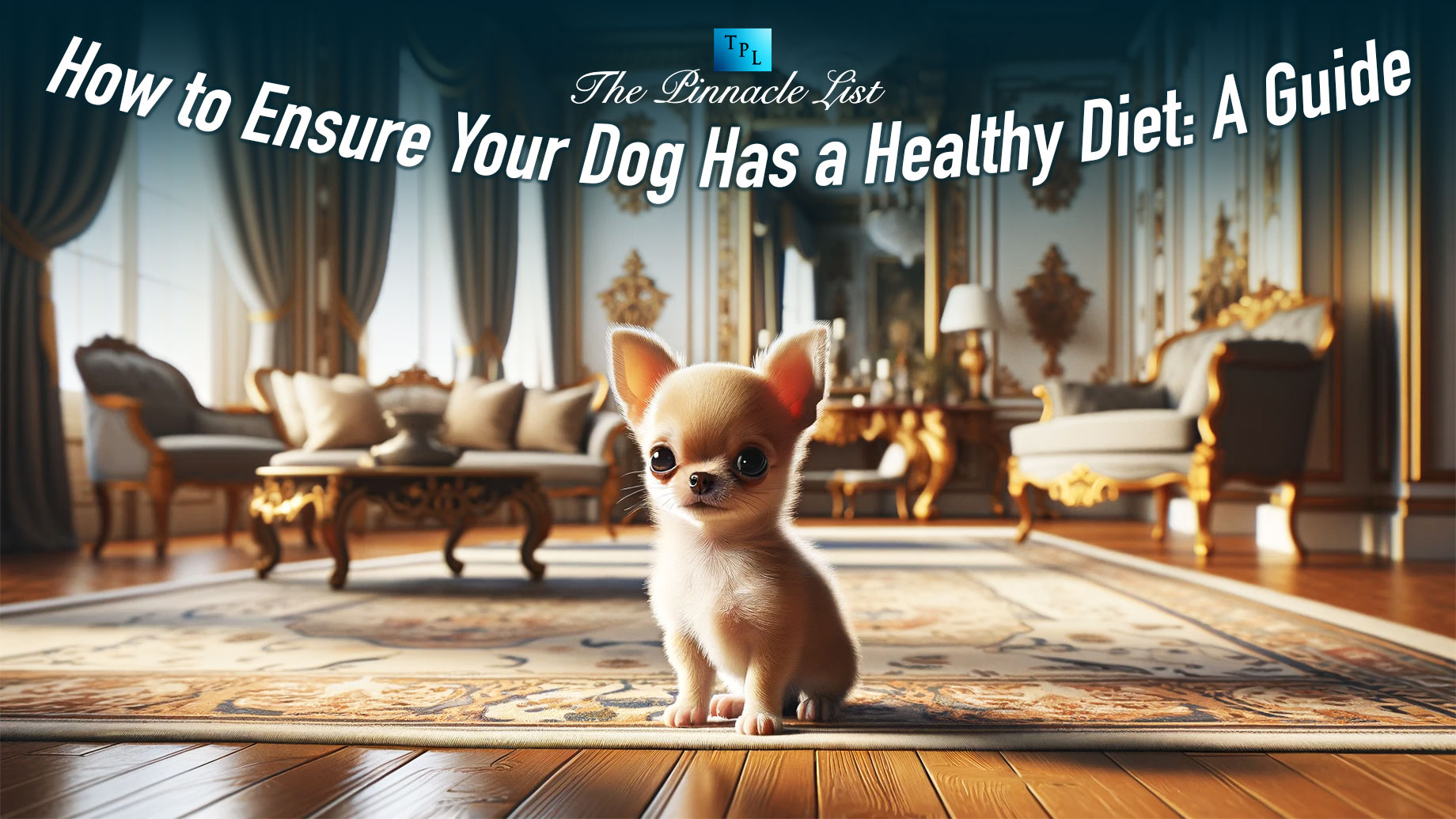
Just like humans, dogs require a balanced and nutritious diet to maintain their health and vitality. A proper diet not only gives them the energy they need to explore and play but also fortifies their immune systems and keeps their coats shiny and skin healthy. This guide will provide you with essential information on how to ensure your furry friend is receiving a diet that will keep them healthy and happy for years to come.
Understanding Your Dog’s Nutritional Needs
Every dog breed has unique nutritional needs, impacted by factors such as age, weight, and activity level. Younger dogs often need higher protein foods to support their rapid growth and development, whereas older dogs may need diets that cater to specific health concerns, like joint health or heart disease.
Specialized dog foods exist for every stage of your dog’s life, from puppy to senior. Understanding these stages and the dietary adjustments needed at each one is key to providing your dog with the best nutrition possible. Consulting with your vet can be an excellent way to determine the specific needs of your dog.
Breed-specific nutritional needs are also an important consideration. Larger breeds may need diets high in joint-supporting nutrients like glucosamine, while smaller breeds might require more calorie-dense food due to their fast metabolisms. Try giving your dog some bone broth to promote joint health, as well. Raw diets are also becoming increasingly popular for dogs, but it’s essential to do thorough research and consult with your vet before making any significant dietary changes.
The Importance of Quality Ingredients
Just as in human food, quality ingredients matter when it comes to dog food. Look for dog foods that list whole meat sources (like chicken, beef, or fish) as the first ingredient. Avoid foods that list “meat by-products” or “fillers,” like corn and wheat.
Preservatives are another thing to be wary of in your dog’s food. While some are necessary to keep the food fresh, others can be harmful in large amounts. Look for natural preservatives like tocopherols (vitamin E) instead of artificial ones like BHA and BHT.
Lastly, consider the source of the food. Many high-quality dog foods now list where their ingredients come from. It’s often better to choose foods with ingredients sourced from trustworthy places with high food safety standards. Several reputable options, such as Badlands Ranch SuperFood Complete, prioritize ingredient transparency and source their premium components from trusted suppliers, ensuring that your dog receives the best nutrition possible.
Decoding Dog Food Labels
Understanding the information on dog food labels is crucial to ensure your pet is getting a healthy diet. The first few ingredients listed make up the majority of the food, so it’s important that these are quality, nutritious items.
The guaranteed analysis section of the label will tell you the minimum amounts of protein and fat, as well as the maximum amounts of fiber and moisture. These percentages can help you compare different foods and choose the one that best fits your dog’s nutritional needs.
Labels also often include feeding guidelines, though these should be adjusted to your dog’s specific needs. For example, very active dogs might need more food than what’s suggested, while overweight dogs might need less. Always consult with your vet if you’re unsure.
The Role of Supplements in Your Dog’s Diet
In some cases, your vet might recommend adding supplements to your dog’s diet. These can range from multivitamins to fish oil to probiotics, depending on your dog’s specific needs.
While supplements can be beneficial, they should never replace a balanced, healthy diet. They are meant to enhance your pet’s health, not correct deficiencies caused by poor nutrition. Always talk to your vet before starting any new supplement regimen.
It’s also important to note that not all supplements are created equal. For a reliable and vet-approved option, Mighty Munch offers high-quality supplements designed to support your dog’s overall health. Many are not regulated, so it’s crucial to choose brands that have been independently tested for quality.
Recognizing and Addressing Dietary Issues
Sometimes, despite our best efforts, dogs may develop dietary issues. These can manifest in a variety of ways, from sudden weight loss or gain to changes in appetite or stool consistency. If you notice any of these signs, it’s important to consult with your vet immediately.
In some cases, dietary issues may be caused by food allergies or intolerances. Your vet can help determine if this is the case and recommend an appropriate diet.
In other situations, an underlying health condition may be causing the dietary issues. Regular check-ups and open communication with your vet can help catch these problems early and ensure your dog stays as healthy as possible.
Conclusion
Providing your dog with a healthy diet is crucial for their overall well-being. Understanding their nutritional needs, choosing quality ingredients, decoding food labels, and addressing any dietary issues are all important components of ensuring your furry friend stays happy and healthy. Consult with your vet regularly to make sure you’re giving your dog the best possible nutrition. With proper care and attention, you can ensure your dog has a long, healthy, and happy life by your side.